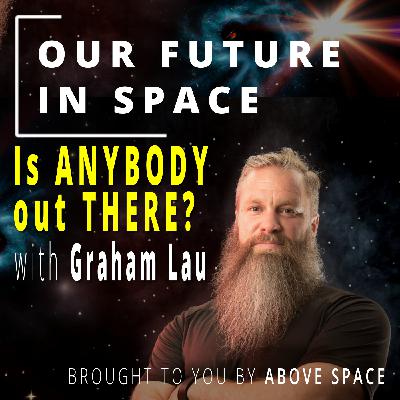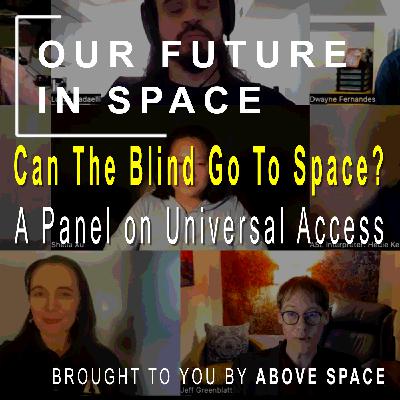Space Medicine and Artificial Gravity
Description
Ronke Olabisi, Ph.D.
<figure class="wp-block-embed is-type-video is-provider-youtube wp-block-embed-youtube wp-embed-aspect-16-9 wp-has-aspect-ratio">
<iframe loading="lazy" class="youtube-player" width="640" height="360" src="https://www.youtube.com/embed/WPuh7LYAG2k?version=3&rel=1&showsearch=0&showinfo=1&iv_load_policy=1&fs=1&hl=en-US&autohide=2&wmode=transparent" allowfullscreen="true" style="border:0;" sandbox="allow-scripts allow-same-origin allow-popups allow-presentation"></iframe>
Ronke Olabisi, Ph.D, UC Irvine professor, discusses her recent report “Challenges and Benefits to Human Operations in Variable & Partial Gravity Earth Orbiting Habitats“, the impacts of artificial gravity on long duration spaceflight, biomedical engineering in Space and on Earth, and how tissue engineering takes inspiration from ancient Mayan technology.
“Working with former astronaut, physician and engineer, Dr. Mae Jemison and biomedical engineering Prof. Ronke Olabisi, helps us lead the industry forward to help ensure long term sustained human habitation in space. We’re providing a more comfortable space environment with a much larger footprint for manufacturing, pharmaceutical, and material science companies by producing viable products in microgravity.”, Rhonda Stevenson, Chief Executive Officer of Orbital Assembly.
Connect with Dr. Olabisi:
Olabisi Lab: http://www.olabisilab.com/
Twitter: https://twitter.com/olabisilab
Speaker Bio:
Dr. Ronke Olabisi earned her bachelor’s in mechanical engineering from MIT. At the University of Michigan she completed one master’s degree in mechanical engineering and one in aeronautical engineering. Olabisi received her doctorate in biomedical engineering from the University of Wisconsin-Madison. In 2020 she joined the UCI Biomedical Engineering department from Rutgers University where she was an assistant professor with an appointment in Biomedical Engineering and an affiliation with the Institute of Advanced Materials, Devices, and Nanotechnology. Olabisi is the recipient of a 2016 Engineering Information Foundation Award, a 2018 NSF CAREER Award, a 2019 Johnson & Johnson Women in Science, Technology, Engineering, Mathematics, Manufacturing, and Design (WiSTEM2D) Scholar Award, and in 2019 she was named one of the Biomedical Engineering Society’s Young Innovators in Cellular and Molecular Bioengineering.
Participate!
If you have suggestions for future discussion topics, or people you would like us to interview, or if you’d like an invite to the recording sessions to participate live, just let us know. Follow us on twitter @ourFutureSpace, our Facebook Group, or email us at OurFutureInSpace@orbitalassembly.com.
https://www.facebook.com/groups/ourFutureInSpace
https://www.facebook.com/AboveSpaceDev
https://twitter.com/AboveSpaceDev
Copyright 2023, Above Space Development Corporation
The post Space Medicine and Artificial Gravity first appeared on Above: Space News.








